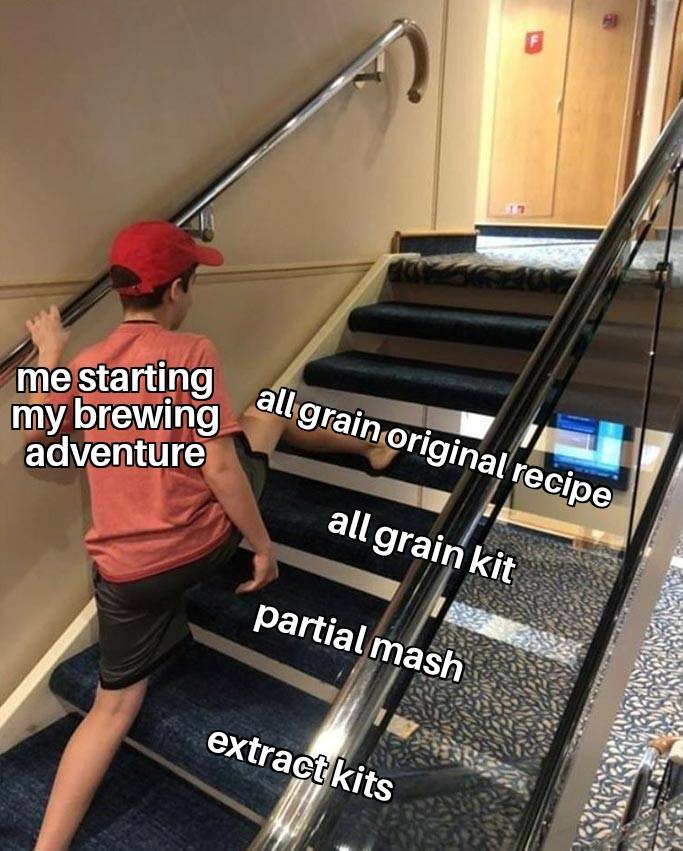Here's my take on this. Since extract brew starts from having the wort already made, the difference between is where you get that wort from. You can do extract and then, later, add all-grain capabilities with virtually no wasted investments up front.
And if you're on your own, I think that would be advisable. Brewing isn't rocket science, but neither is it simplistic. There are a lot of moving parts, and if you can master the boil through to fermentation through to bottling, then when you add an all-grain capability, you can focus on that knowing you have the rest down pat.
I did 3 extract brews before I tried all-grain, and it was good that I did.
The problem is that there are a lot of variables; how can you tell, if the beer doesn't turn out very well, what went wrong? Bad crush? Mash temp? Mash strike water composition? Boil issues? Fermentation temps? Bottling mishap? The recipe isn't a good one? It's hard to nail it down, so if you can master this in stages, much more likely to succeed, IMO.
*******
There is a way to accelerate your learning curve. Some watch youtube videos and have had some success with that. I couldn't begin to tell you which ones are good, and which not.
A better way is to watch an experienced home brewer go through a brew day. This will accelerate your learning hugely as now you'll have a context in which to evaluate process and so on. I did this--watched a guy do an extract brew--and it was hugely helpful. You can ask questions which youtube videos aren't as effective in doing.

Even better: I taught a buddy how to brew with all-grain using this process.
First time he watched me do a brew day, I explained what I was doing and why, he'd ask questions. It was a recipe he wanted to try, so I tweaked it, and we brewed it. Turned out great.
Second time, he did the work and I watched and kibbitzed along the way. So, he had in essence a supervised brew day, and the beer, again, turned out great.
Third time, he did the brew day alone. I had about 5 texts from him, and one phone call, but he got through it ok and the beer turned out...well, great.
Here's the kicker: I made all the decisions so he could focus on learning the process, water, mash temps, recipe, the whole shebang. So, when you start, let me suggest you do the same: use an established known (and relatively simple) recipe, have someone help you with water, mash temps, and ferm temp (or at least have someone like us verify them), and then go.
****
BIAB is a good way to do this. You will want a 10-gallon kettle, and you'll need a way to hoist the bag. The essential difference between using a traditional mash tun and BIAB is that with the traditional method, you remove the wort from the grain; with BIAB, you remove the grain from the wort.
Anyway, good luck, and you're asking the right questions at the right time.
 . Much love and thanks for reading my post!
. Much love and thanks for reading my post!


